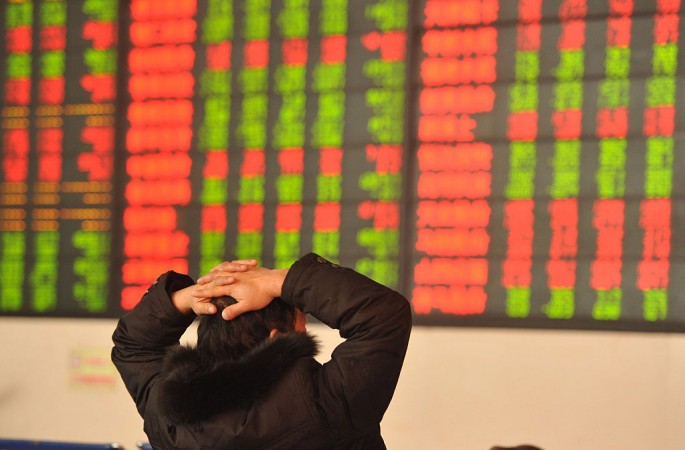China’s financial state remains unstable despite the reforms the government already made, as the country hosts one of the biggest economic meetings of developed countries in September.
According to The Wall Street Journal, China's progress in terms of financial stability remains poor despite the government's aggressiveness in reforming the nation's finances.
On July 1, Chinese Premier Li Keqiang emphasized the need for more policy changes, particularly in terms of how the country's financial regulator works as well as operations of some major commercial banks.
Financial Reform
In June, the People's Bank of China (PBoC) released a report cited by the state-run Xinhua News Agency highlighting plans about further propelling financial reform in the country.
According to the report, the PBoC will pursue the liberalization of interest rates and apply changes to the yuan exchange rate management.
Stock and bond markets as well as financial institutions are also being subjected to changes in order to optimize the country's financial state.
The country's currency should be "basically maintained stable around a reasonable and balanced level," the report said.
Aside from the reforms, the PBoC's report also noted that the country had a "generally stable" financial system in 2015 even as the global market became volatile. This is all thanks to "continued reform, robust innovation and more support for the real economy," Xinhua explained.
"The country will maintain its proactive fiscal policy and prudent monetary policy this year, with better supervision to prevent systemic risks," the PBoC report stated.
Reality
Latest figures cited in a report from CRIEnglish revealed that small and medium-sized enterprises (SME) had a total balance of 24.3 trillion yuan worth of loans during the first quarter in 2016. That, according to the outlet, was a significant increase of 13.46 percent year on year.
This is due to the reforms implemented to aid SMEs to get over financing difficulties, China's Premier Li explained during the State Council executive meeting held on June 22.
But while they had been effective so far, the reforms remain insufficient to make private companies stable and raise their capitals, especially ones that are under the small enterprise category.
Apparently, such companies have very few financial institutions to turn to, unlike bigger firms that can always rely on banks.
This is why Li wants the Chinese government to further enhance financial reforms, particularly in this aspect so that there would be "equity financing and regional equity markets, encourage bond issuance, and raise the ratio of direct financing."



























